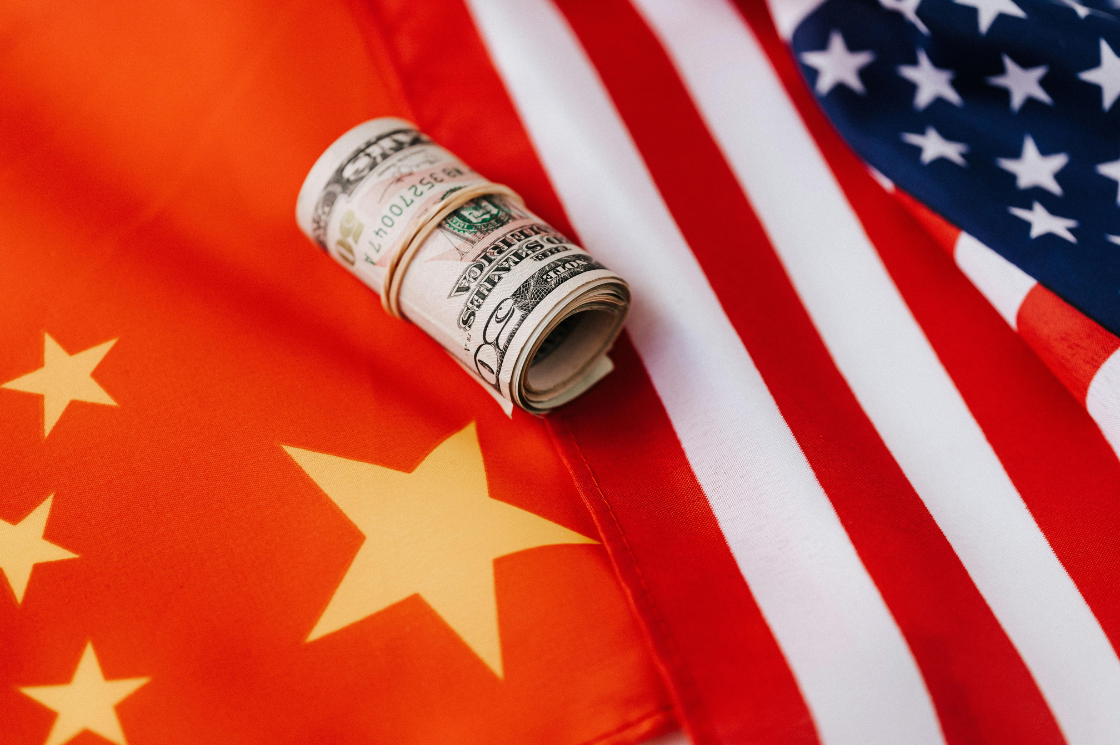
(Photo : Pexels)
The US may impose nearly 40 per cent tariffs on imports from China early next year, potentially curbing growth in the world's second-biggest economy by up to 1 percentage point.
The poll, the first on China's economy by Reuters since Donald Trump's sweeping election victory on November 5, also predicts that the President-elect will resist starting off with blanket 60% tariffs on Chinese goods.
Trump swore during his campaign that he will impose hefty tariffs on Chinese imports as part of a package of "America First" trade policy, causing tensions in Beijing and heightening growth risks for China. Not only are the threatened tariff rates much higher than the 7.5 per cent-25 per cent levied on China during his first term, the economy is also in a much more vulnerable position given the prolonged property downturn, debt risks and weak domestic demand.
The poll was conducted between more than 50 economists from November 13- November 20 and it showed a strong majority both in and outside mainland China, as it expects Trump to impose these tariffs by early next year with a median estimate of 38% and projections ranging from 15% to 60%.
"We expect the new US administration to bring back the original plan of Trump 1.0," ANZ's chief economist Raymond Yeung said, estimating that the average tariff on Chinese goods could be raised by 32-37 per cent.
Most respondents said they do not expect blanket 60% tariffs on Chinese goods in early 2025 as this could accelerate inflation within the United States.
Chinese policymakers, who have been boosting stimulus measures since late September, will face greater pressure next year to stimulate domestic demand as exports, a major growth driver this year, are expected to decline, according to analysts.
Economists polled by Reuters have also lowered their consumer price inflation forecasts to 1.1% for next year and 1.4% for 2026, down from the previously anticipated 1.4% and 1.6% in the October survey.
The introduction of new US tariffs is predicted to lower China's economic growth in 2025 by approximately 0.5-1.0 percentage point.
All economists are eagerly waiting for trump administration's China trade policies which could lead to potential downgrades in China's outlook.
Impact of Tariffs on China on Global Economy
1. The imposition of tariffs will raise the cost of Chinese goods in international markets, including essential raw materials and consumer products which may have a ripple effect on the global economy.
2. Tariffs are likely to disrupt global supply chains that rely heavily on Chinese manufacturing. Sectors like electronics, automotive, and textiles, where China plays a crucial role in the supply chain, could experience significant disruptions.
3. There is likely to be a shift in global trade dynamics because countries might seek alternatives to Chinese products. Countries like Vietnam, India, or Bangladesh may see more business, particularly in manufacturing.
4. Higher tariffs on Chinese products is likely to have an impact on global inflation, especially in developed economies that are major importers of Chinese products.
5. The tariffs can lead to a potential trade war between US and China if the latters chooses to retaliate by imposing trade barriers.
6. A trade war between US and China could create an environment of uncertainty, deterring investment and affecting global market dynamics. This will indirectly lead to slower market growth across the world.









